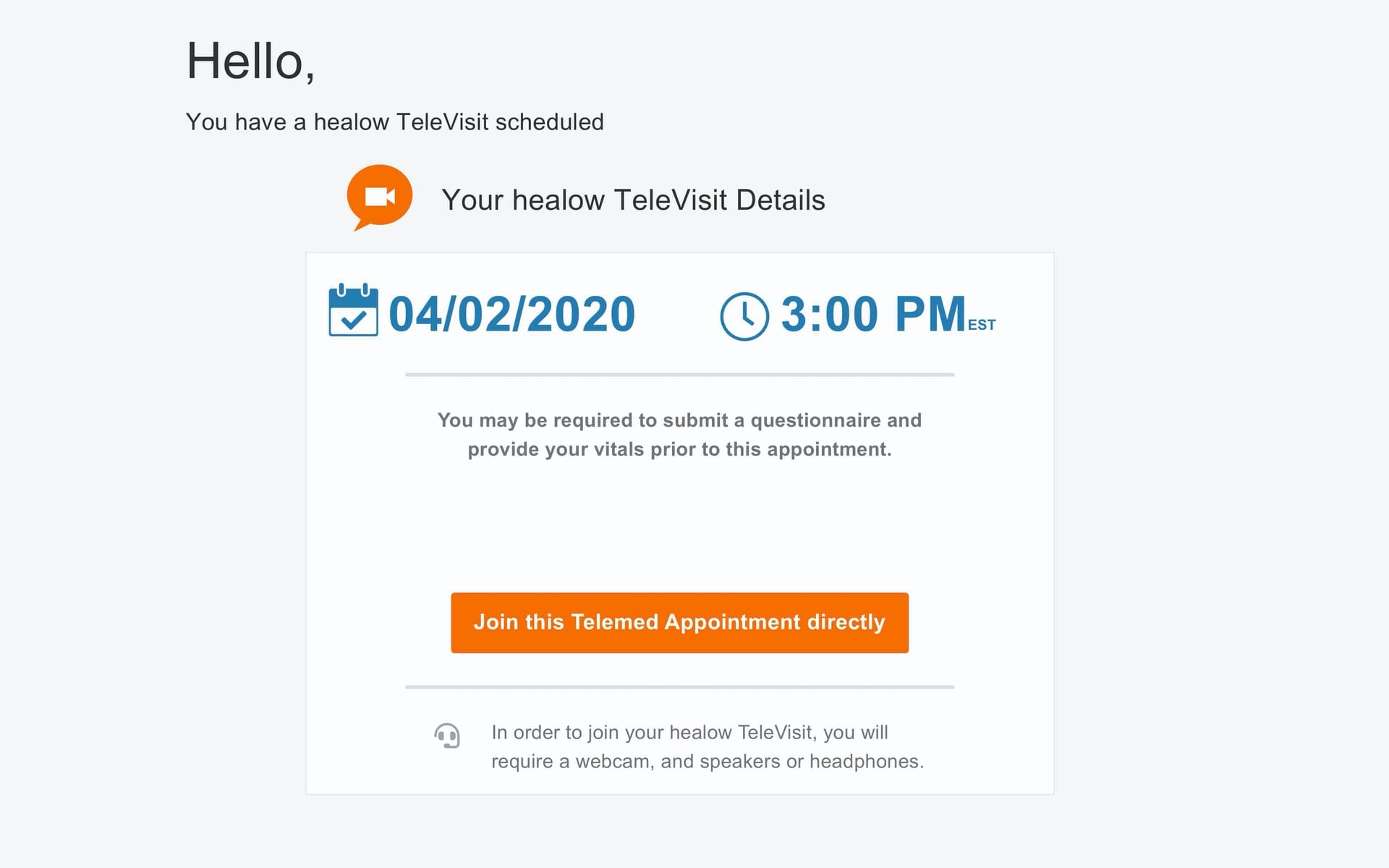Televisits, often referred to as virtual doctor visits, are revolutionizing healthcare by offering convenient and accessible medical care from the comfort of your home. This comprehensive guide explores the benefits of televisits, explains how they work, and provides a step-by-step guide to getting started.
Understanding Televisits
A televisit connects you with a healthcare provider remotely using technology like video conferencing, smartphones, or phone calls for evaluation, diagnosis, and treatment. It aims to replicate many aspects of in-person visits, providing a convenient alternative for various healthcare needs. Televisits are a specific type of telehealth, which encompasses a broader range of remote healthcare services. These include remote patient monitoring, continuing medical education for providers, and administrative meetings. In essence, a televisit is one piece of the larger telehealth puzzle.
Advantages of Televisits
Televisits offer numerous advantages for both patients and providers:
Benefits for Patients
- Convenience and Flexibility: Access care from anywhere with an internet connection or phone, fitting appointments seamlessly into your schedule.
- Cost Savings: Potentially lower co-pays, reduced travel expenses, and no need for childcare during appointments.
- Increased Access to Specialists: Connect with specialists outside your local area, expanding healthcare options.
- Reduced Travel Time and Hassle: Eliminate commutes and time spent in waiting rooms.
- Enhanced Patient Comfort and Engagement: Some studies suggest patients may be more comfortable discussing sensitive health concerns from their homes, leading to more open communication with their provider. This can be particularly beneficial for individuals with anxiety or those who find traditional clinical settings intimidating.
Benefits for Providers
- Wider Reach: Expand patient access for those in remote or underserved communities.
- Streamlined Workflow: Increase efficiency and reduce administrative burdens, potentially alleviating provider burnout.
- Reduced No-Shows: The convenience of televisits may likely decrease missed appointments.
- Opportunities for Innovation: Explore new models of care delivery and integrate emerging technologies like remote patient monitoring.
Preparing for a Televisit
A few simple steps can ensure a smooth and successful televisit:
Technical Preparations
- Stable Internet Connection: A reliable internet connection is essential for video visits.
- Functional Equipment: Test your camera, microphone, and speakers before the appointment.
- Platform Compatibility: Ensure your device (computer, tablet, smartphone) is compatible with the chosen telehealth platform. Examples include Teladoc, MDLive, Amwell, or platforms offered directly by healthcare systems and individual providers such as healow TeleVisits™.
Gathering Information
- Medical History: Have your medical history, current medications, and allergies readily available.
- Insurance Information: Prepare your insurance card and understand your coverage for televisits.
- Questions: Write down any questions you have for your provider to maximize your appointment time.
Creating the Right Environment
- Quiet and Private Location: Choose a space free from distractions and interruptions.
- Safety First: Never connect to a televisit while driving.
Step-by-Step Guide to Connecting with Telehealth
- Finding the Right Platform: Research different telehealth platforms and choose one that meets your needs, is compatible with your devices, and is preferred by your insurance provider or doctor.
- Scheduling Your Appointment: Contact your provider’s office or use their online patient portal to schedule a televisit.
- Pre-Appointment Communication: Your provider will likely send a link or instructions for accessing the virtual platform via email or text message. This may involve clicking a direct link, downloading an app, or logging into a patient portal.
- Connecting to the Platform: At the appointed time, follow the provided link to join the virtual consultation. Ensure your audio and video are working correctly.
- During the Visit: Communicate clearly with your provider about your symptoms, concerns, and any technical issues that may arise.
- Post-Appointment Follow-Up: After the virtual consultation, your provider might recommend a follow-up appointment (either in person or virtual). They can also send prescriptions electronically to your pharmacy.
The Future of Televisits
Televisits are becoming increasingly integrated into healthcare and are likely here to stay. Ongoing research suggests a growing role for televisits in managing chronic conditions, integrating with wearable health technology, and incorporating AI in diagnosis and treatment. While there is debate about optimizing the use of telehealth while maintaining patient privacy and quality of care, the potential benefits are significant. There is also a need to address the digital divide to ensure equitable access for all patients.
In need of a convenient tool to simplify and expedite your linear programming? Look no further than our comprehensive simplex tableau calculator for seamless problem-solving.
Enhance your understanding of probability with our insightful exploration of spots on dice and dominoes, providing a thorough analysis and interactive simulations.
- China II Review: Delicious Food & Speedy Service - April 17, 2025
- Understand Virginia’s Flag: History & Debate - April 17, 2025
- Explore Long Island’s Map: Unique Regions & Insights - April 17, 2025
















